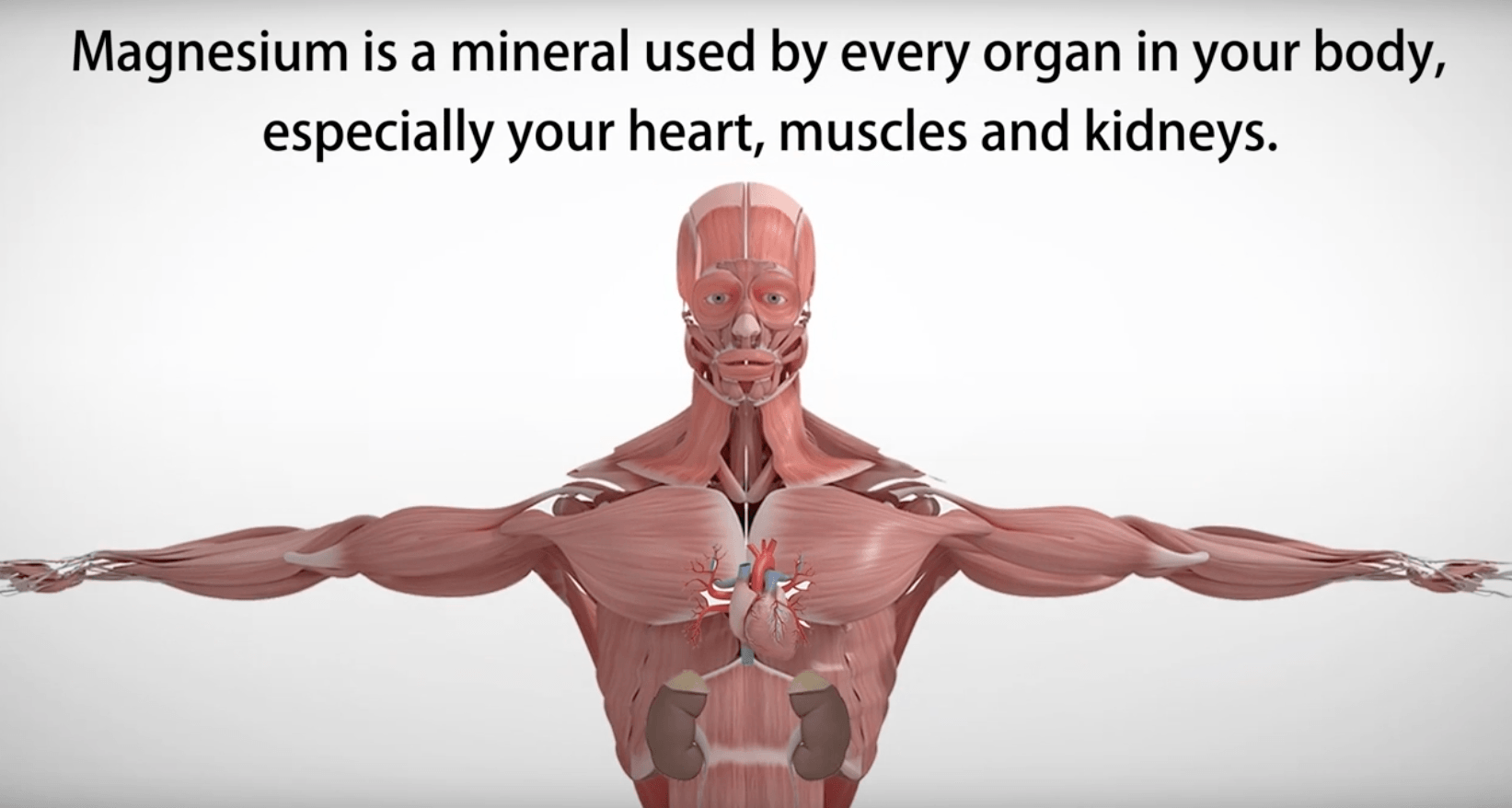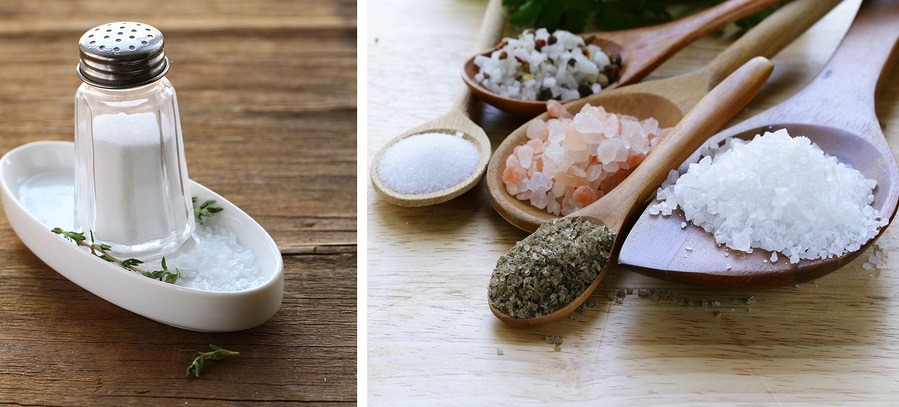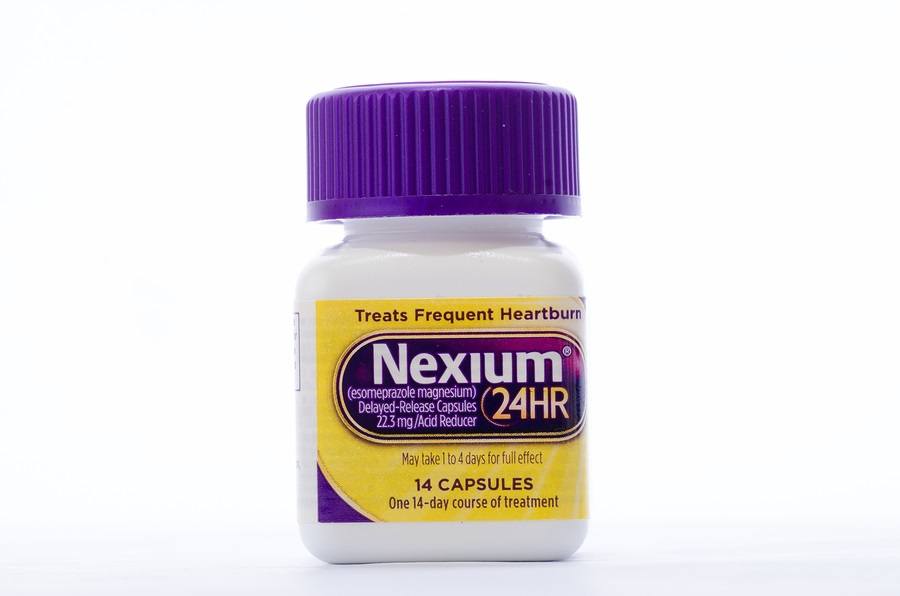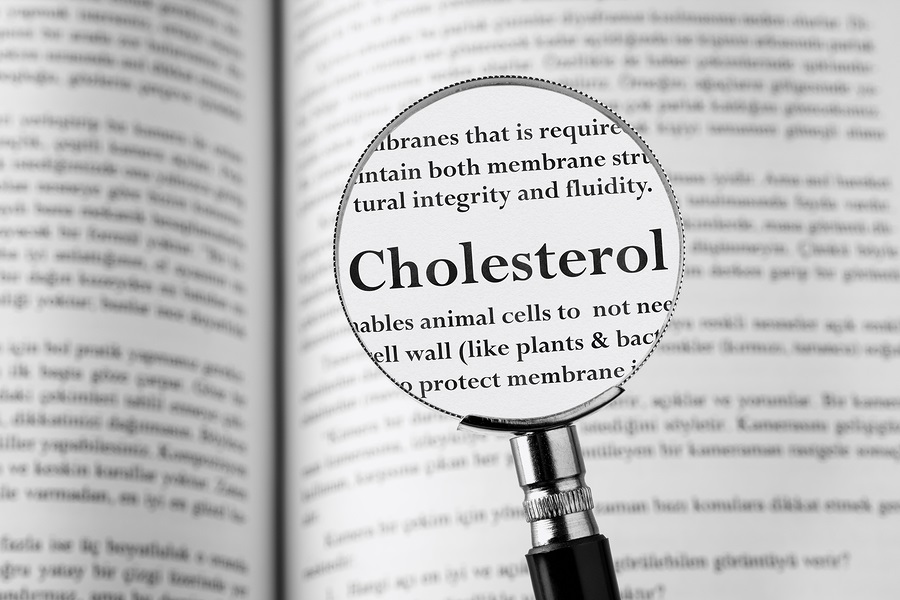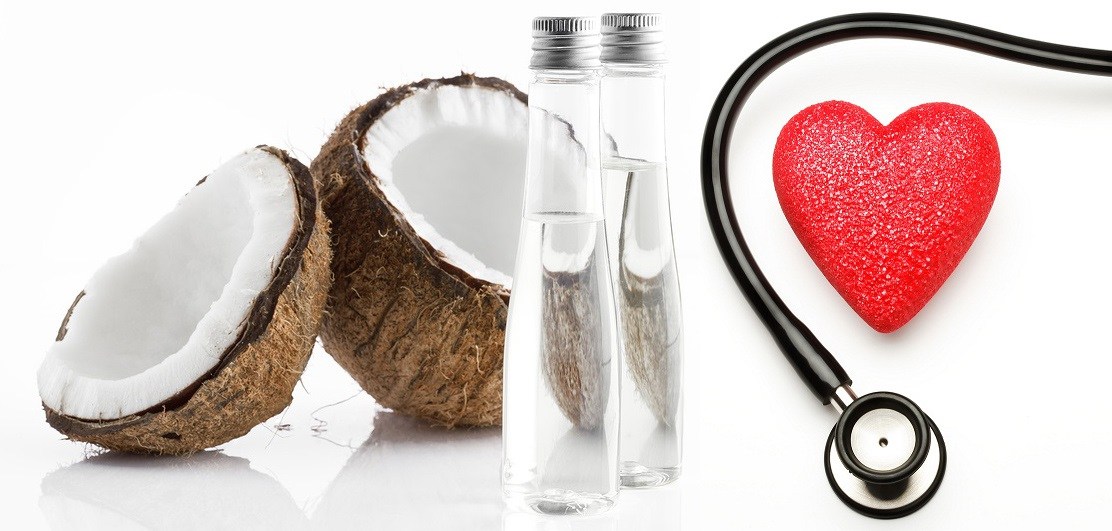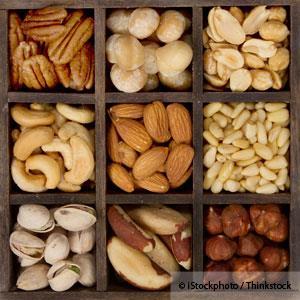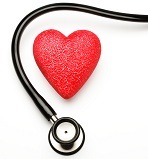Magnesium — An Essential Mineral for Heart Health
Magnesium is the fourth most abundant mineral in your body. Researchers have detected more than 3,750 magnesium-binding sites on human proteins giving an indication of its wide-ranging health effects. More than 300 different enzymes also rely on magnesium for proper function. A common estimate is that 50 to 80 percent of Americans are deficient in magnesium, and the health consequences are significant. Magnesium plays an important role in your body's biochemical processes, many of which are crucial for proper metabolic function.




